There is something truly satisfying about having guests over. You get to feel proud as a homeowner when your guests shower you with compliments on your taste in furniture and interior design. Few things feel as gratifying as having pleasant company over for dinner or just a casual meetup. But not all guests are equally welcome and some are better off left at the door.
Insects and pests are quite common all across the country. They love to find ways of being an absolute nuisance, be it while you eat or when you’re trying to sleep. Whether it’s mosquitos stinging you in the middle of the night, flies that want a seat at the dinner table, or spiders that live rent-free in the corners of your room — these uninvited guests are a major nuisance and cause plenty of discomforts.
This is where pest control comes in to help you fend off the invading insects and animals looking to be a part of your household. You love having guests over, but rats and mosquitoes are not the kinds of company you want to share snacks with.

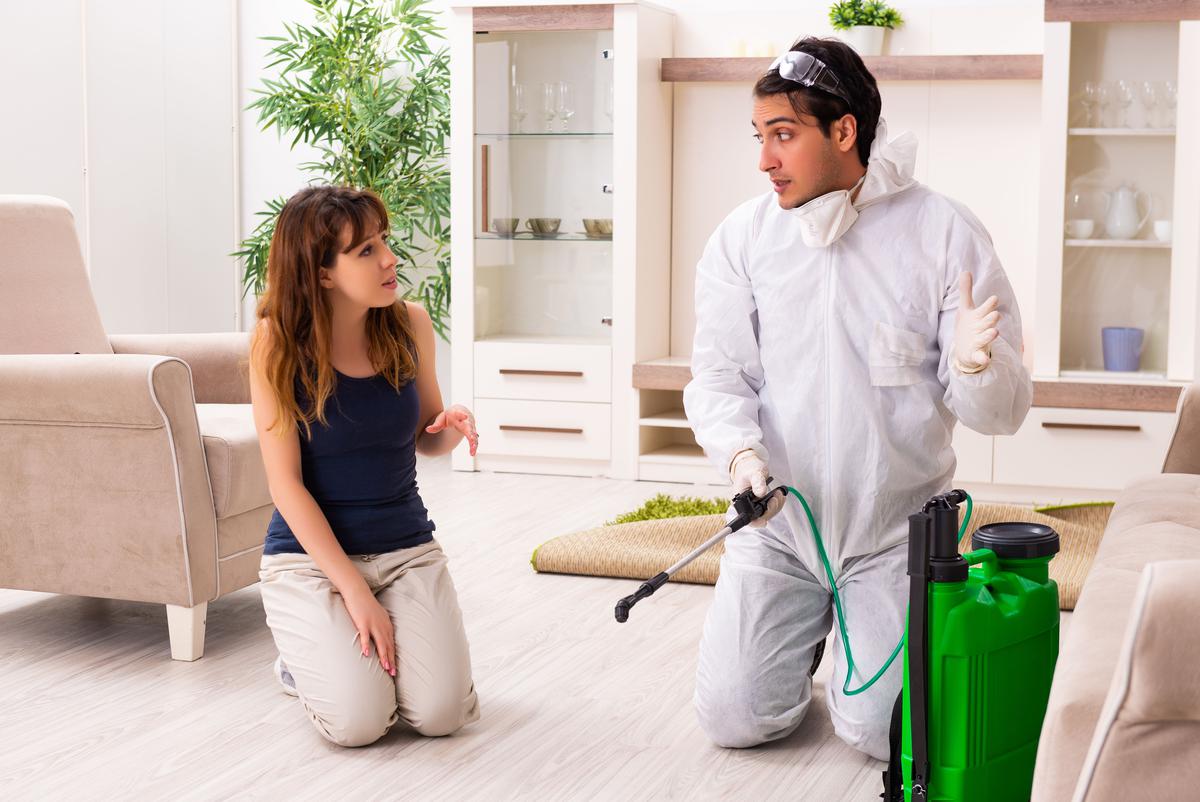
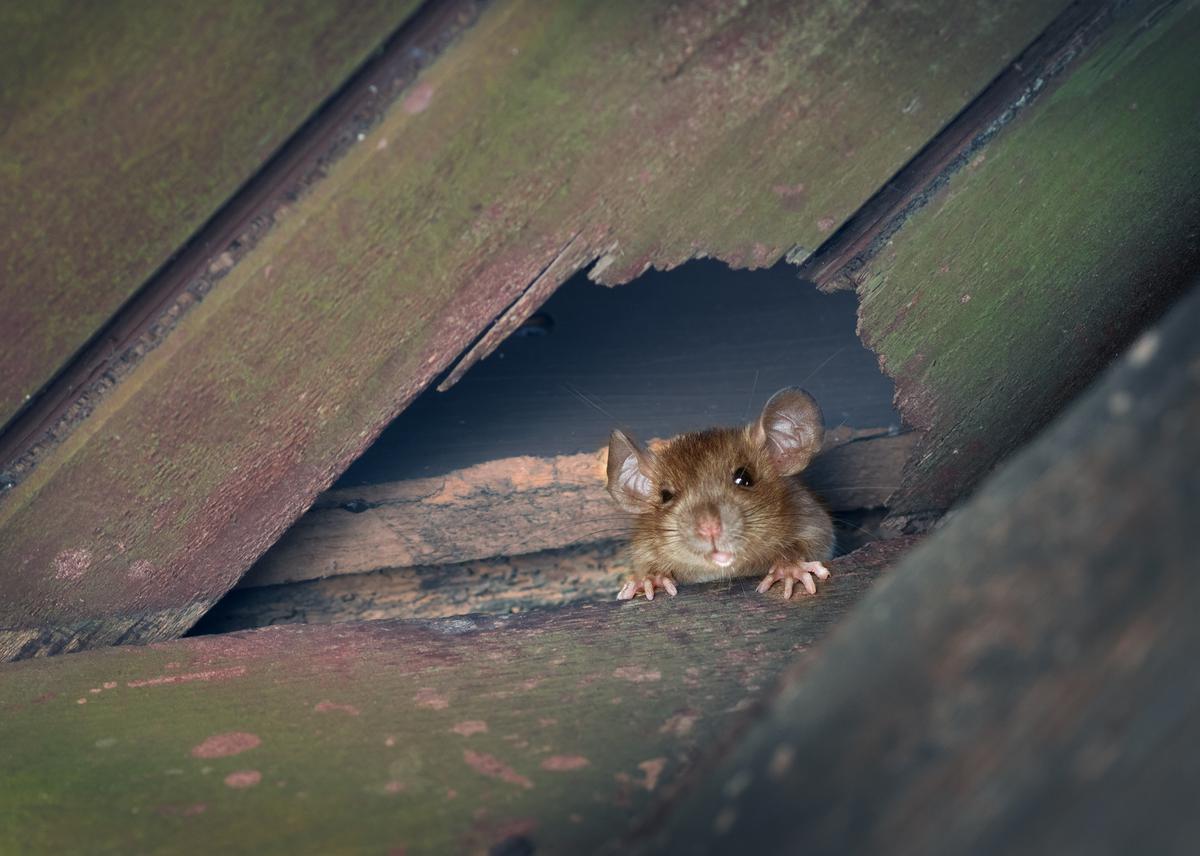
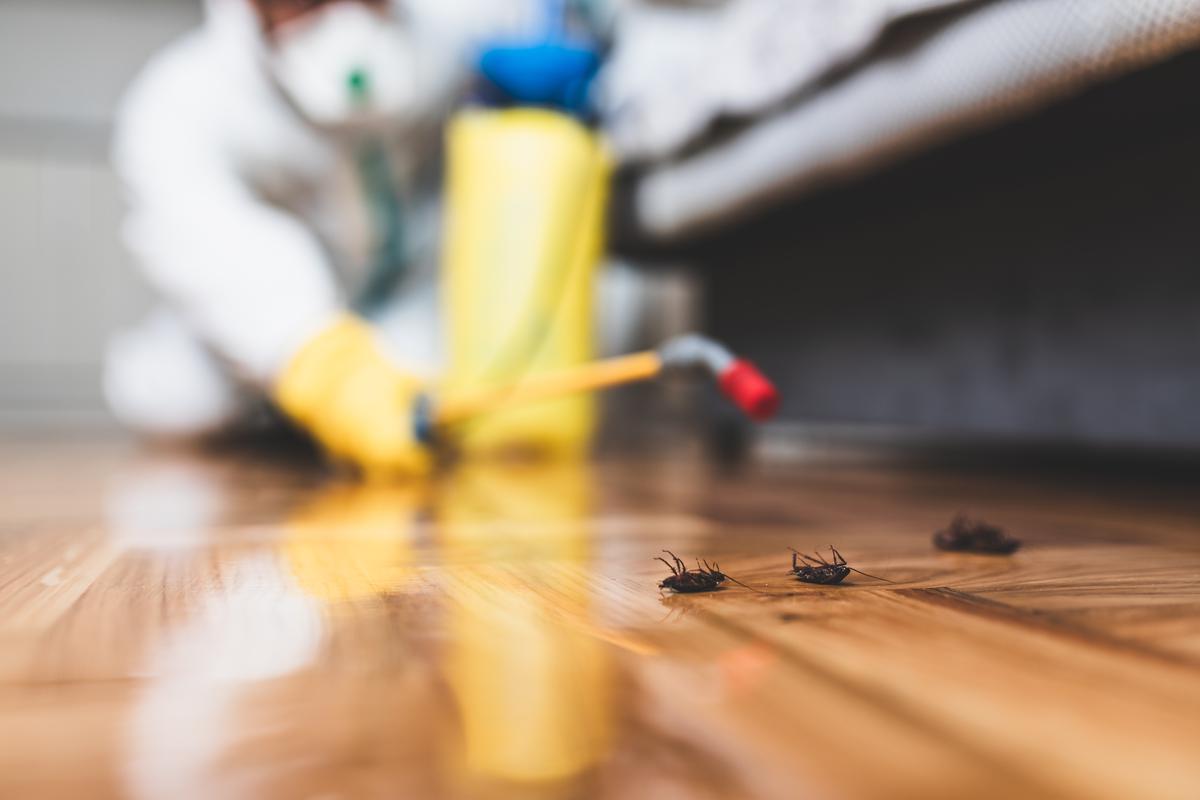
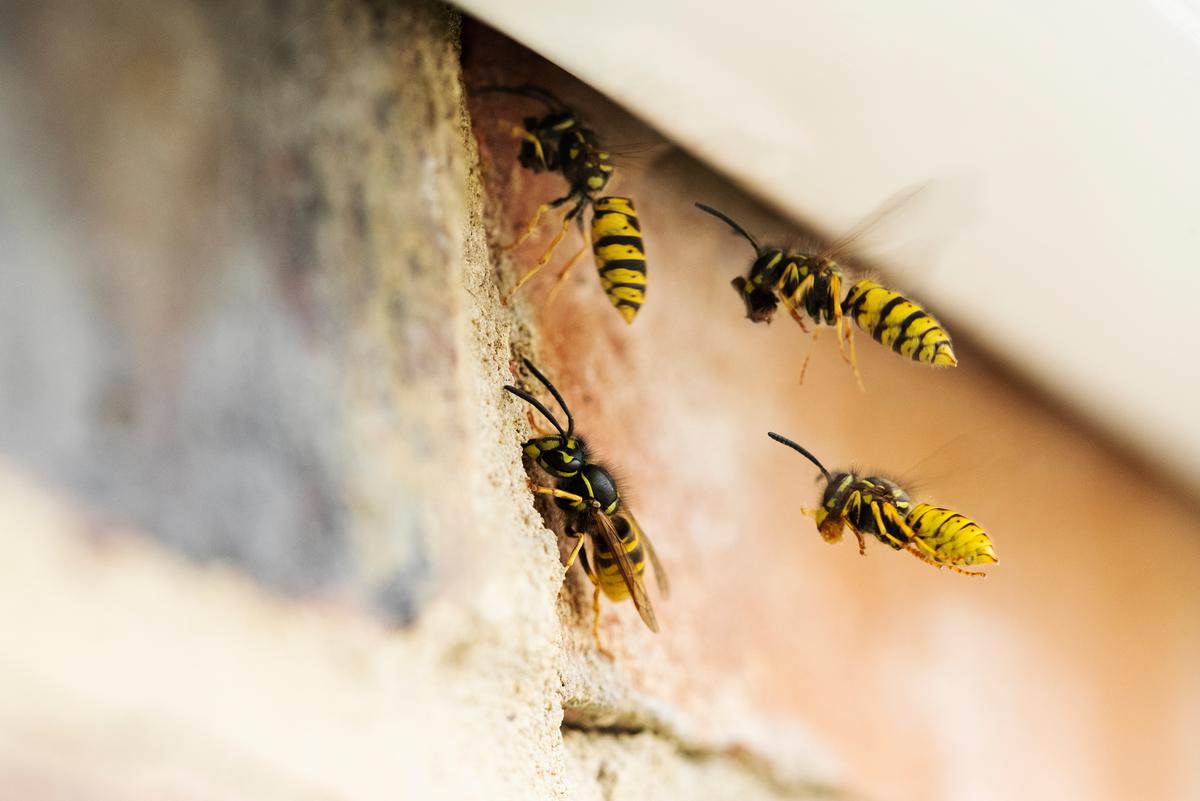
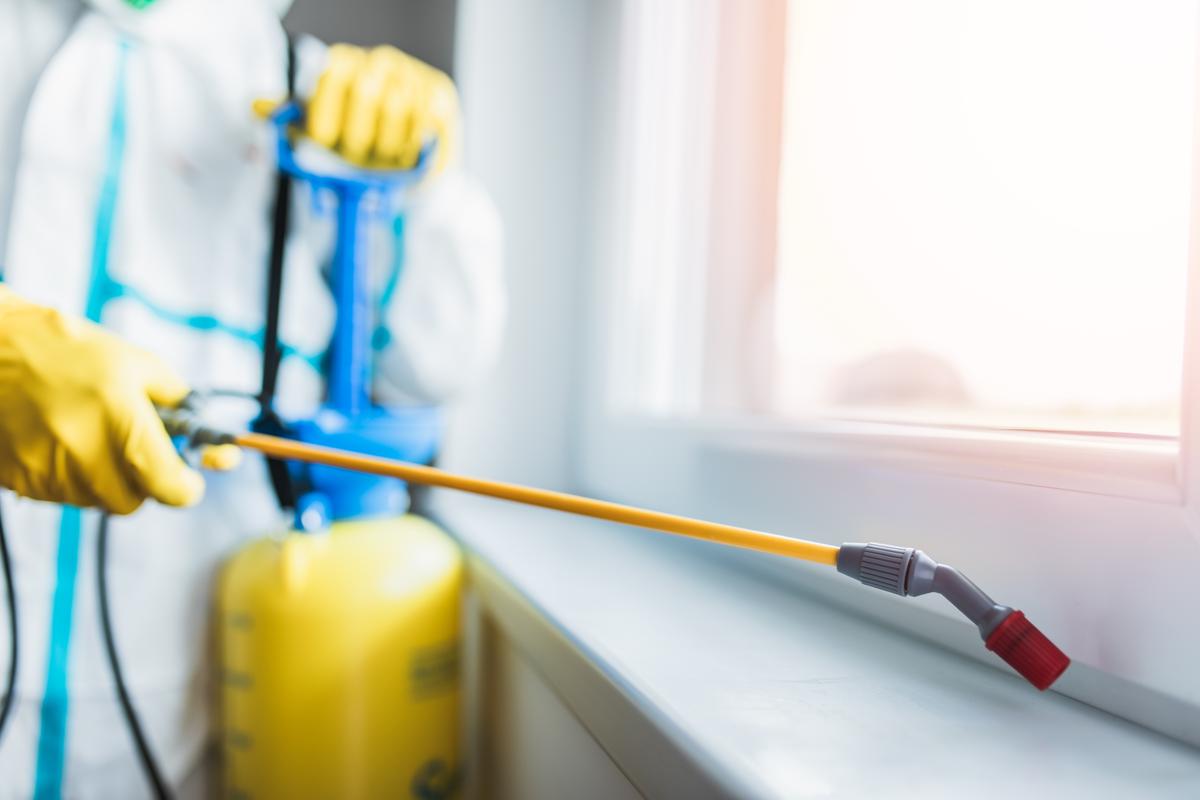
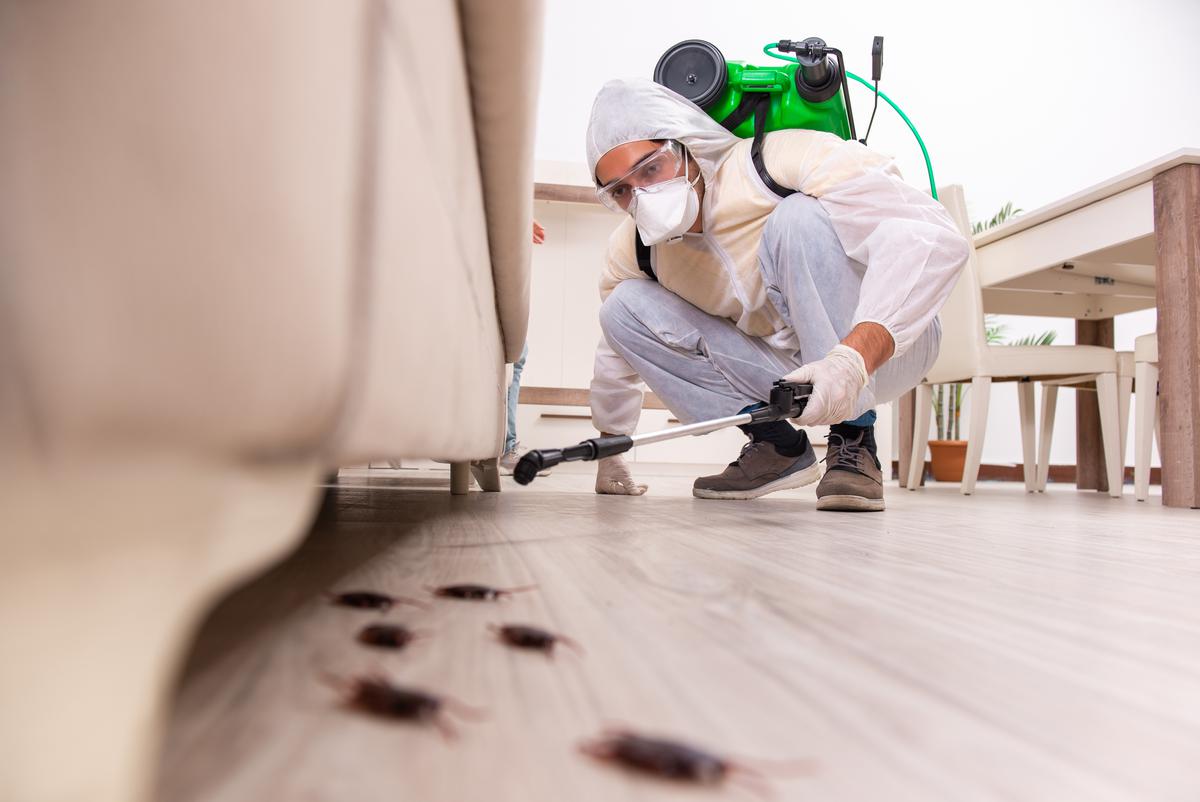

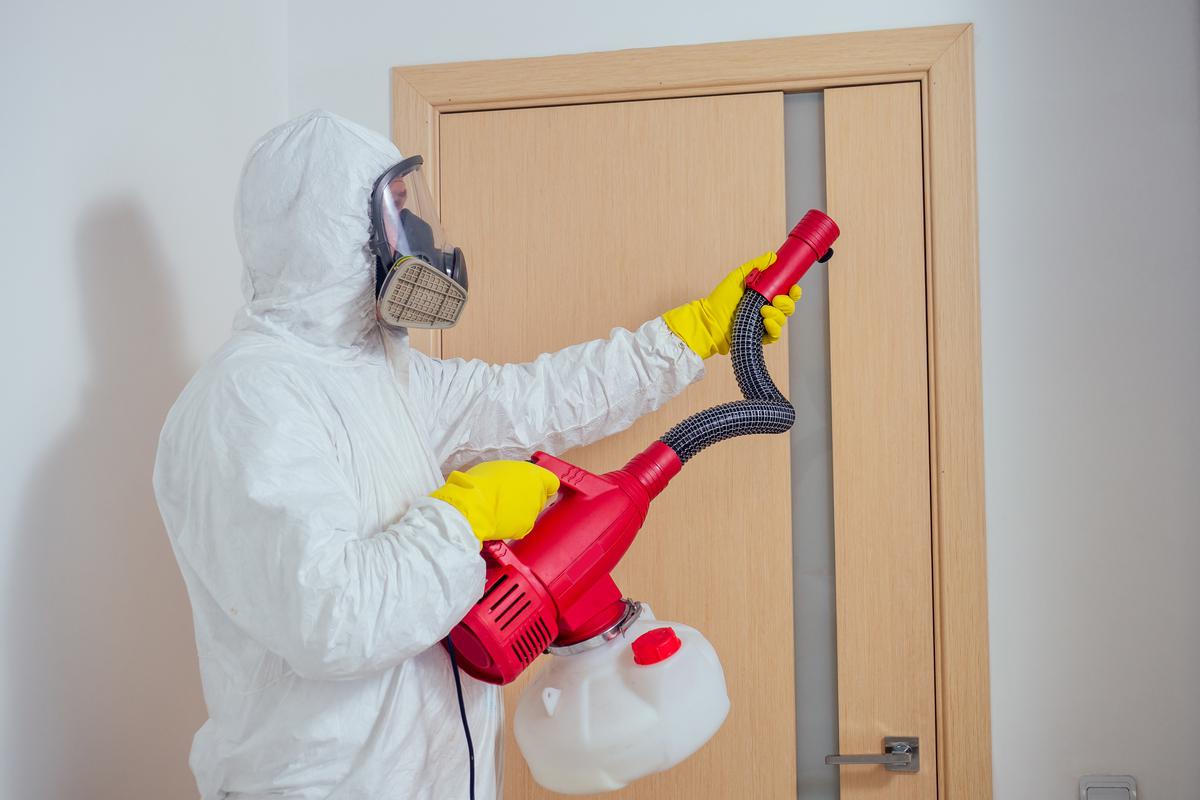
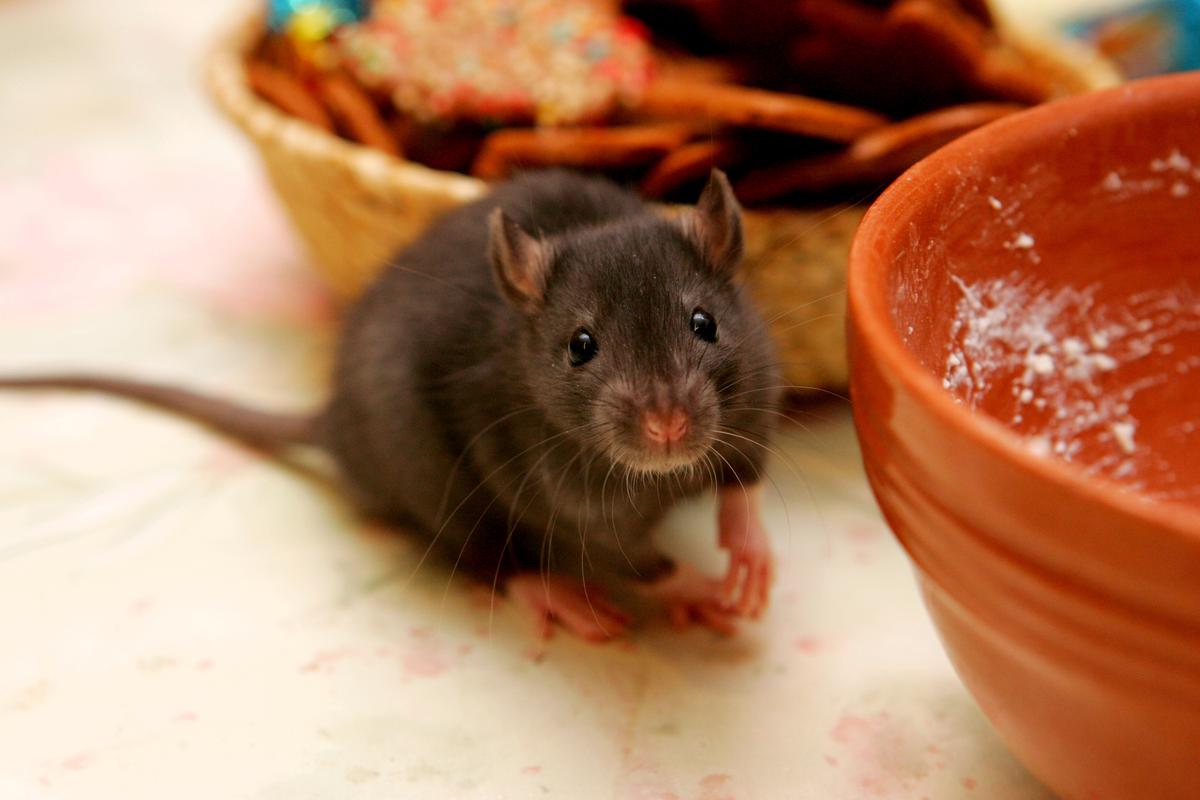
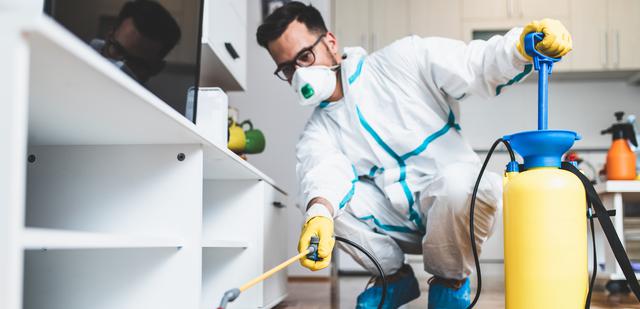
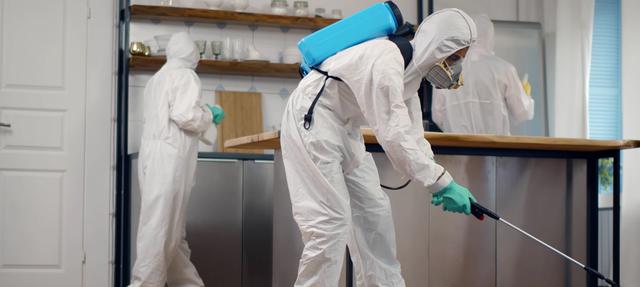
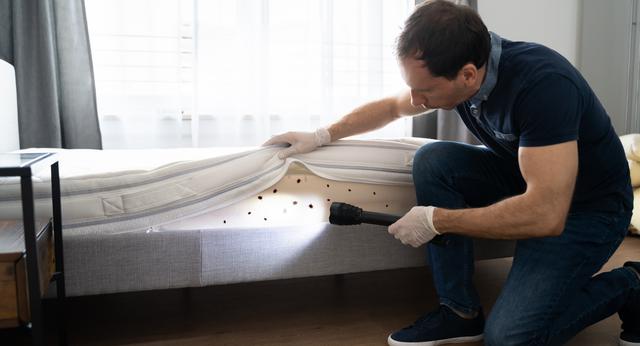
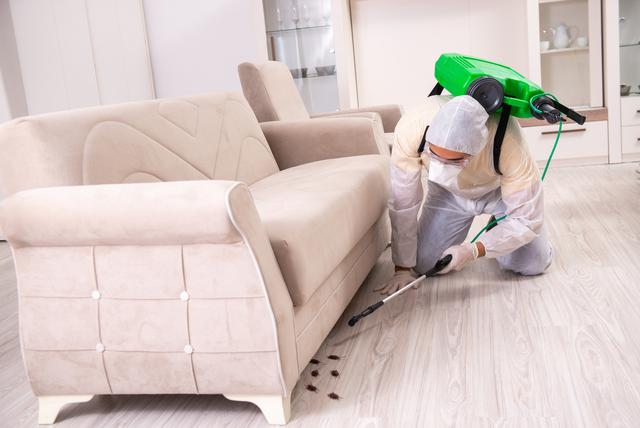
comments